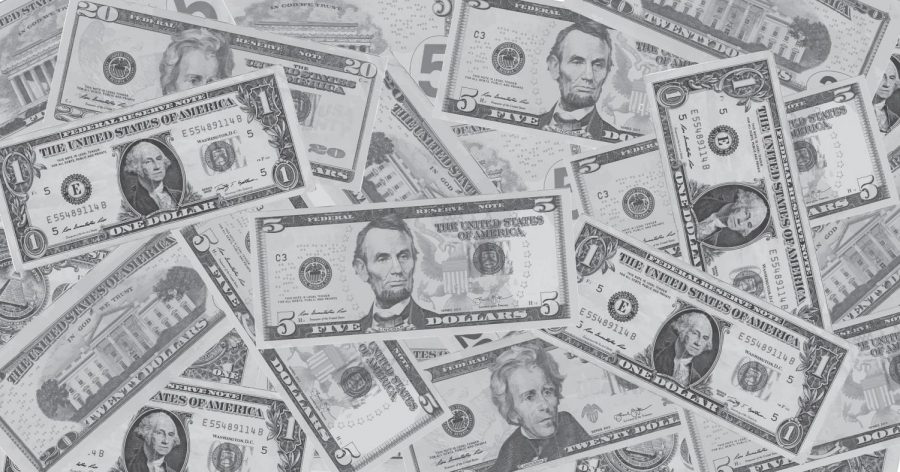Possible minimum wage raise causes job loss concerns
It’s the worst day of the week—grocery store day. You make sure to bring your list that consists of milk, bread and eggs. You keep the list short because you only worked 20 hours this week at minimum wage.
A gallon of milk costs $4, which is over half of your hourly pay. Since you only got 20 hours this week, you have to decide whether milk is a necessity or not.
Moments like this happen frequently in the United States. Therefore, Congress has reintroduced a bill that would force states to increase their minimum wage.
According to the U.S. Department of Labor, 22 states have a minimum wage that is equal to or less than the federal minimum wage of $7.25.
The bill Congress is proposing will bring the federal minimum wage up to $15, so the states would have to match that and raise their wages.
However, this can come with consequences for businesses. Many businesses might struggle to pay workers more.
This could lead to layoffs and some businesses inevitably shutting down.
Gabriella Papillion, a senior speech language pathology major, feels increasing minimum wage will help end the exploitation of workers.
“Many large corporations like McDonald’s are profiting millions of dollars just to pay their workers unlivable wages,” Papillion said.
Ryleigh Rowland, a junior finance and accounting major, agrees that it would be nice to make more money but acknowledged that it could come with some repercussions.
“[Businesses] will have to start selling their products at a higher cost, which will make people mad,” Rowland said.
Some states already have minimum wages around $15, so changing the federal minimum wage will not affect them.
However, states that have to drastically increase to match the new minimum wage will be hit the hardest.
Tammy Johnston, an economics professor, said that major cities such as New York and San Francisco already have a minimum wage above the federal minimum wage but that in in cities with a lower cost of living, $15 per hour is drastic.
As of last week, there has not been a bill signed to increase the federal minimum wage.




